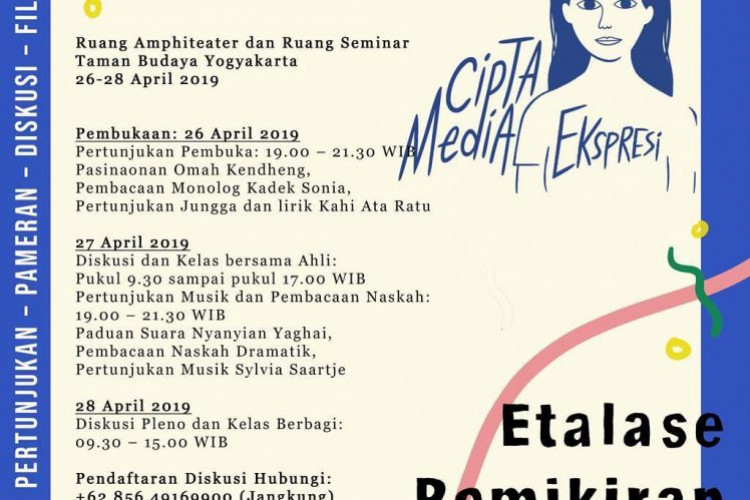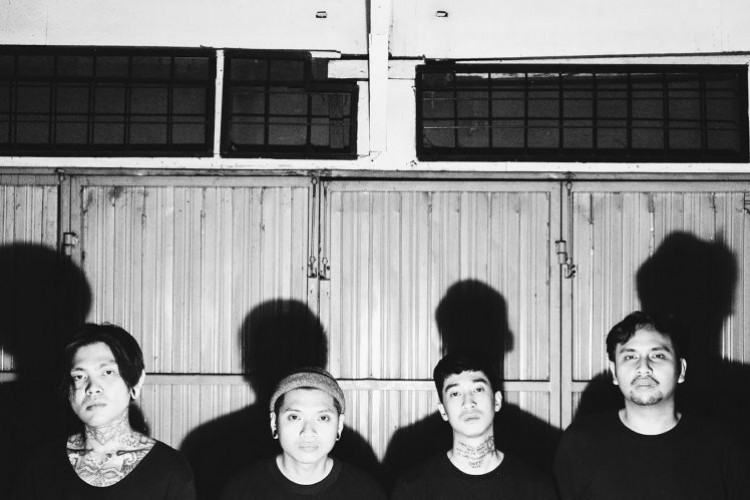Southeast Asian Films with Apichatpong Weerasethakul
Dewi Beck (D) Interviews Thai Filmmaker Apichatpong Weerasethakul (A)
by Ken Jenie
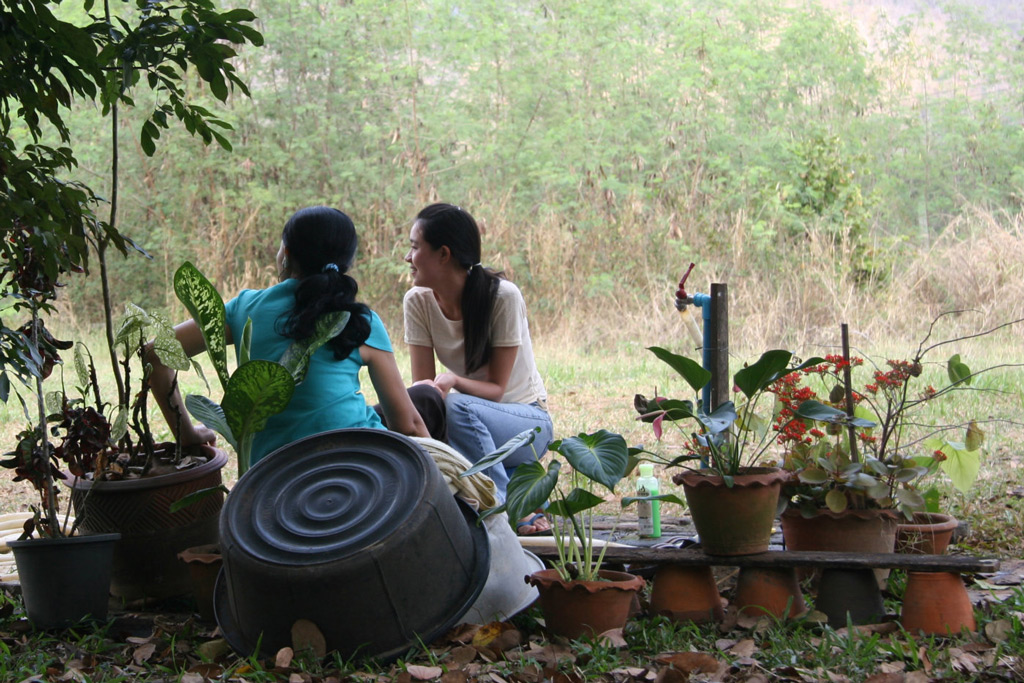
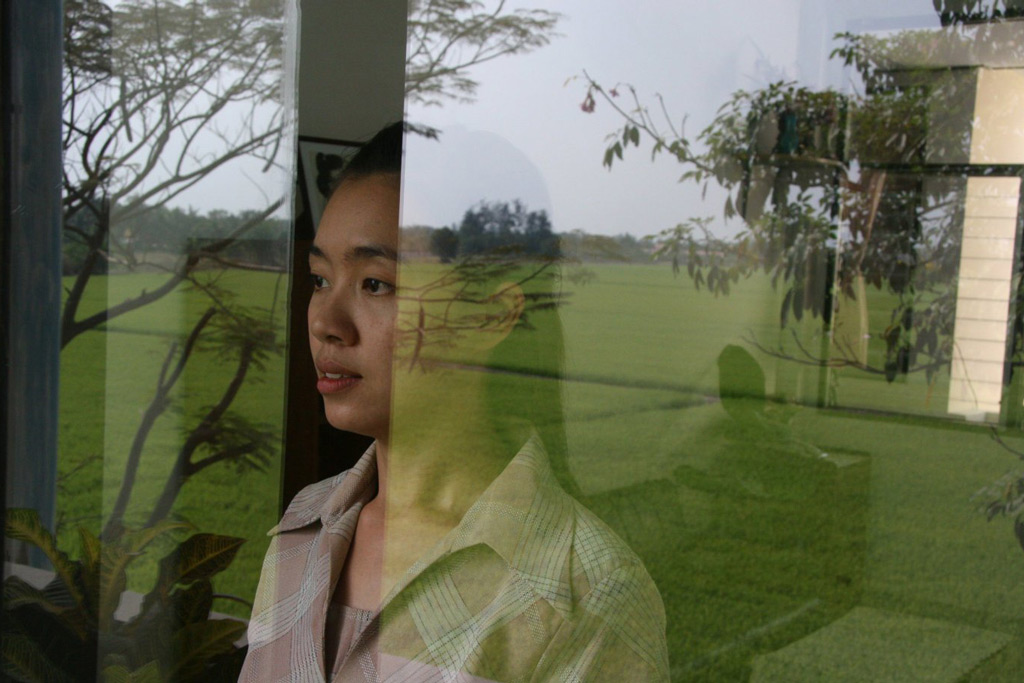
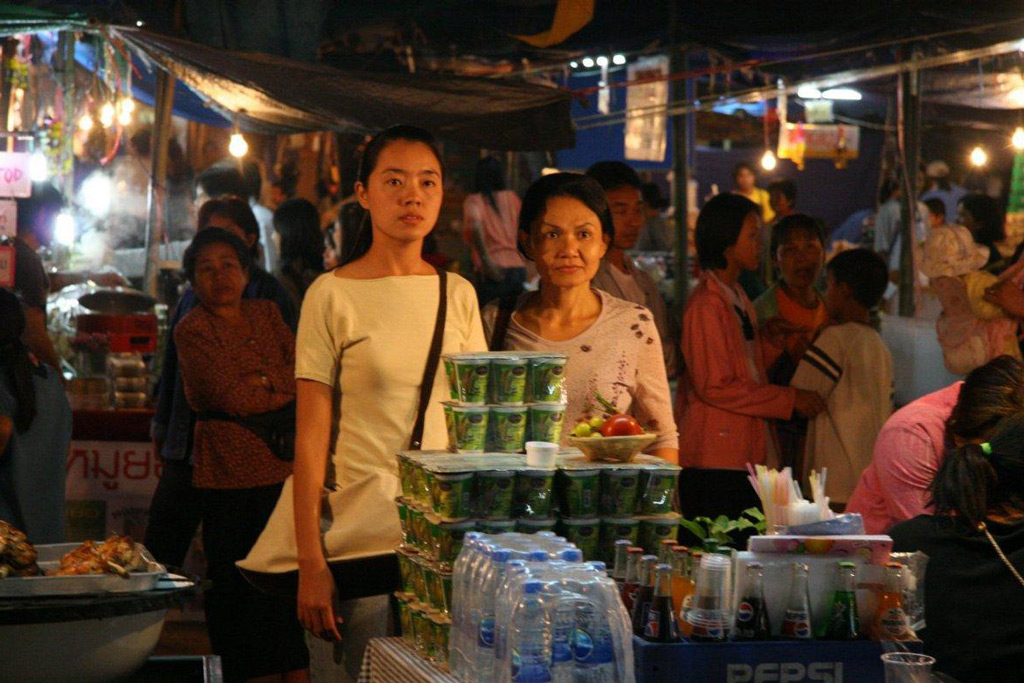
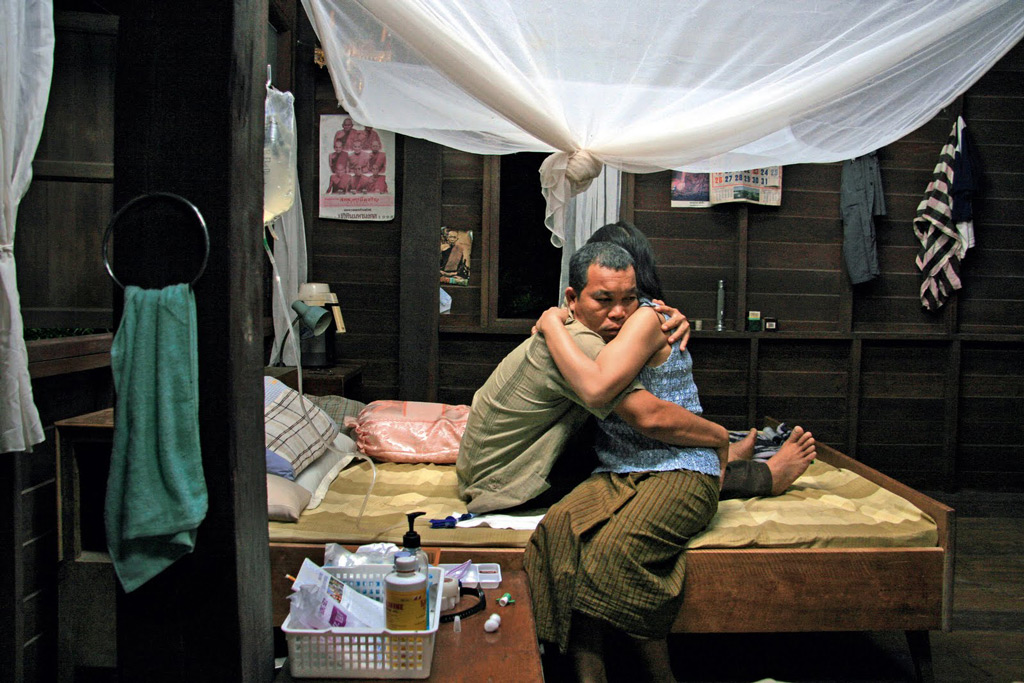
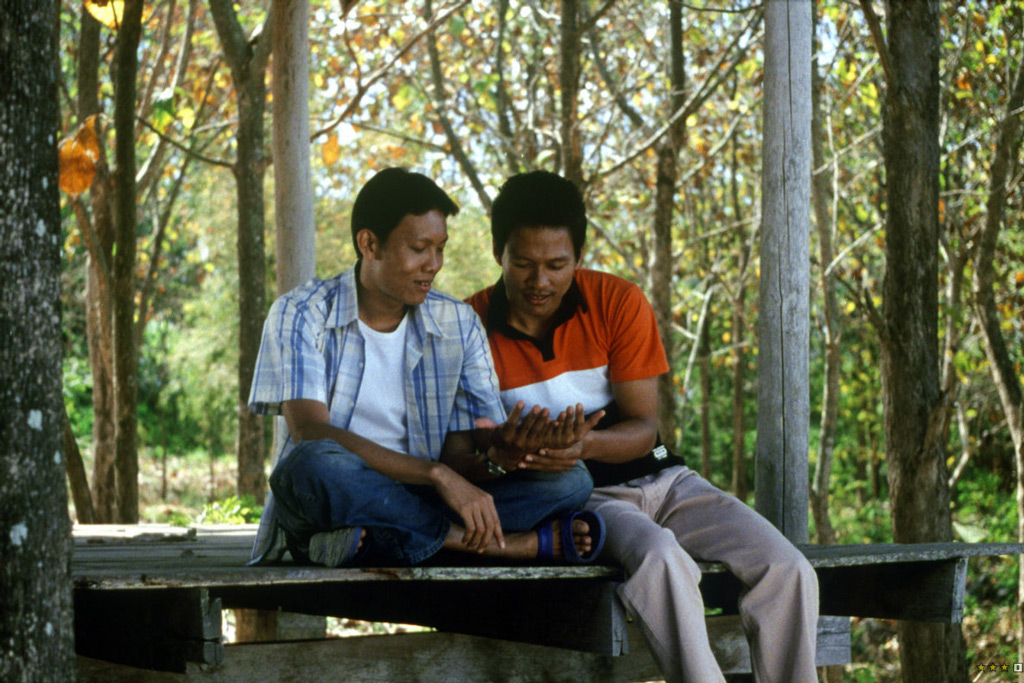
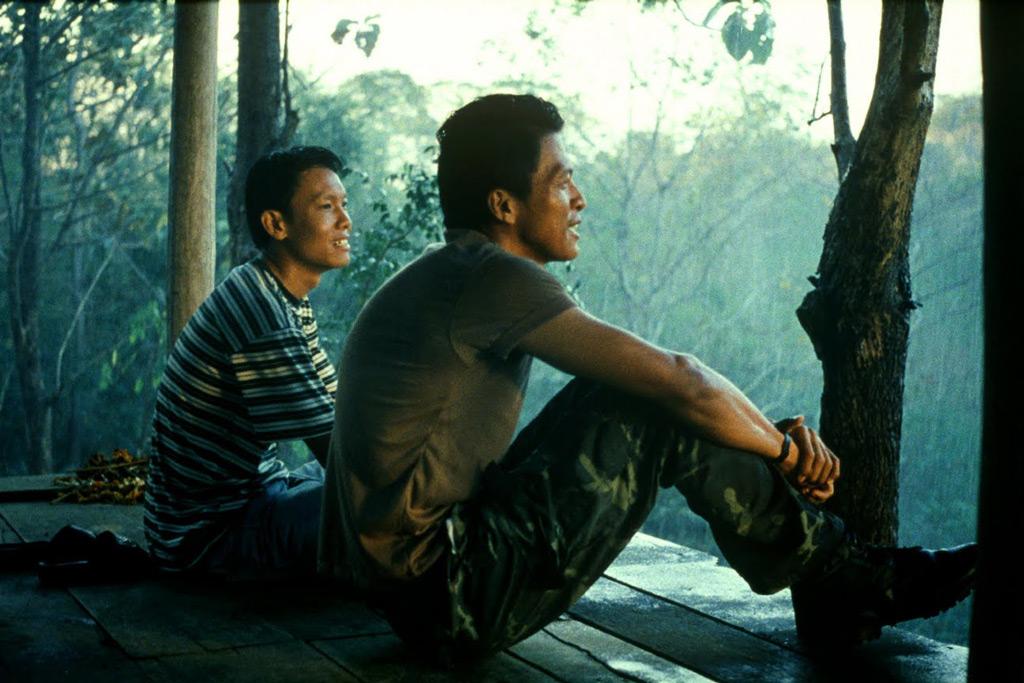
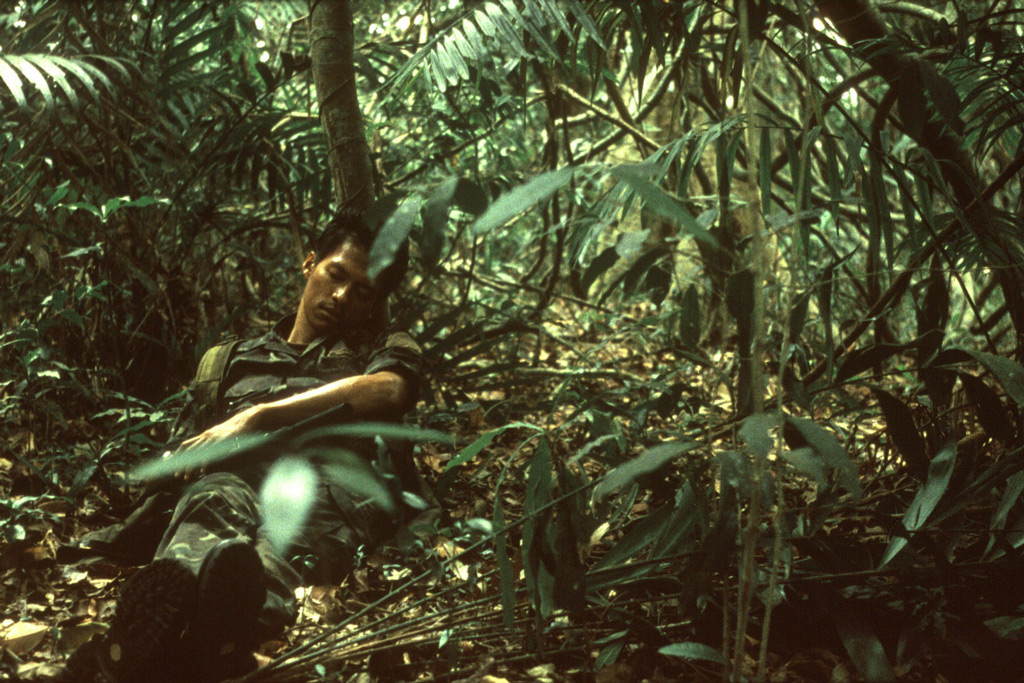
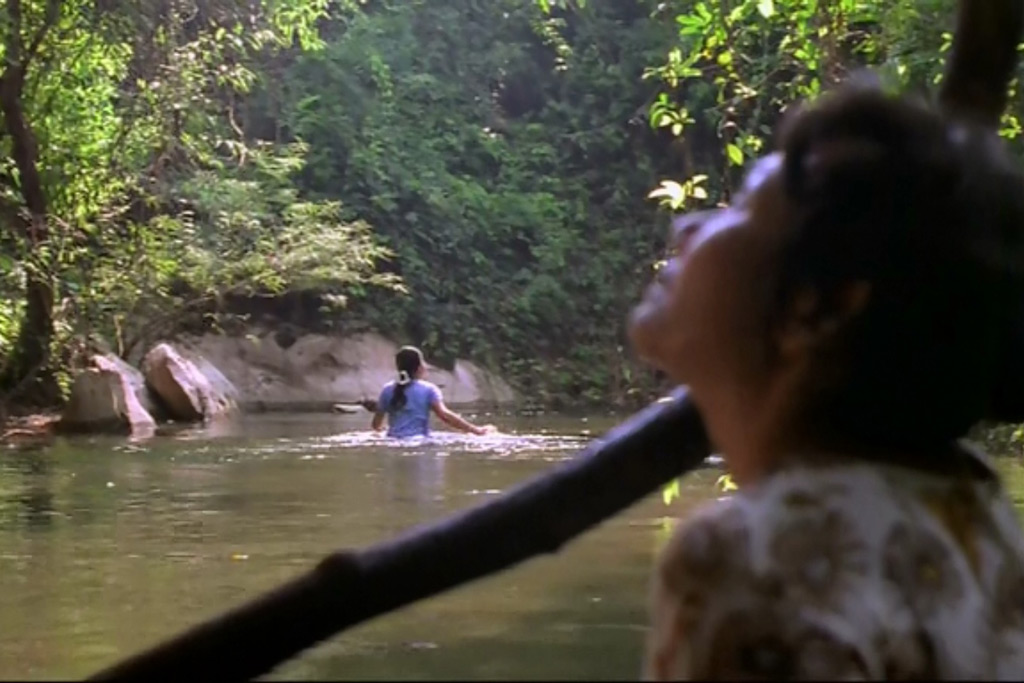
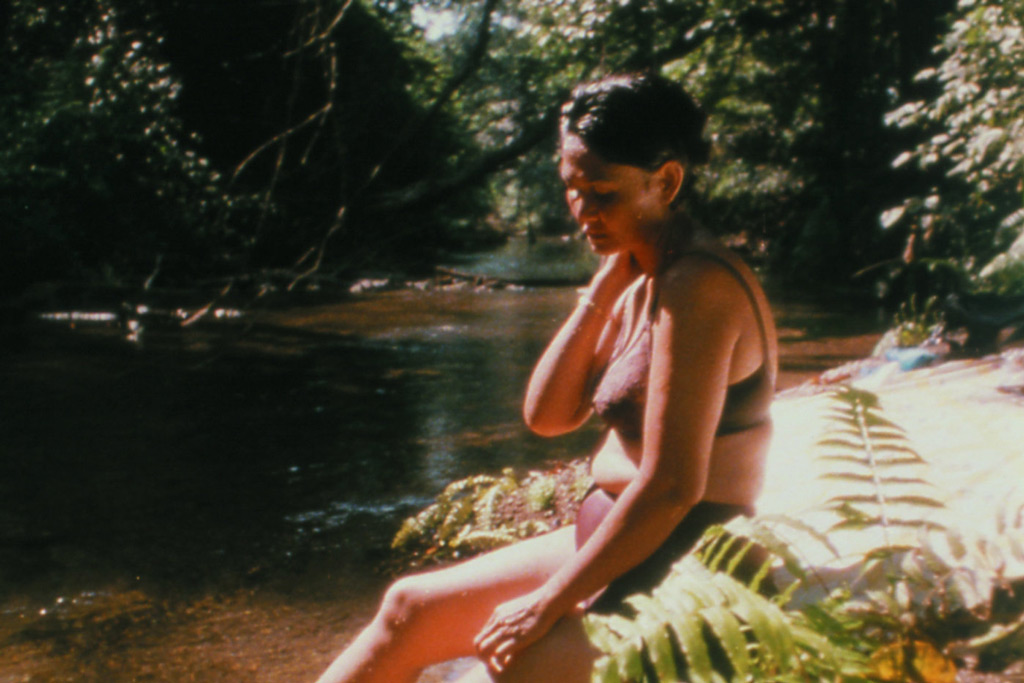
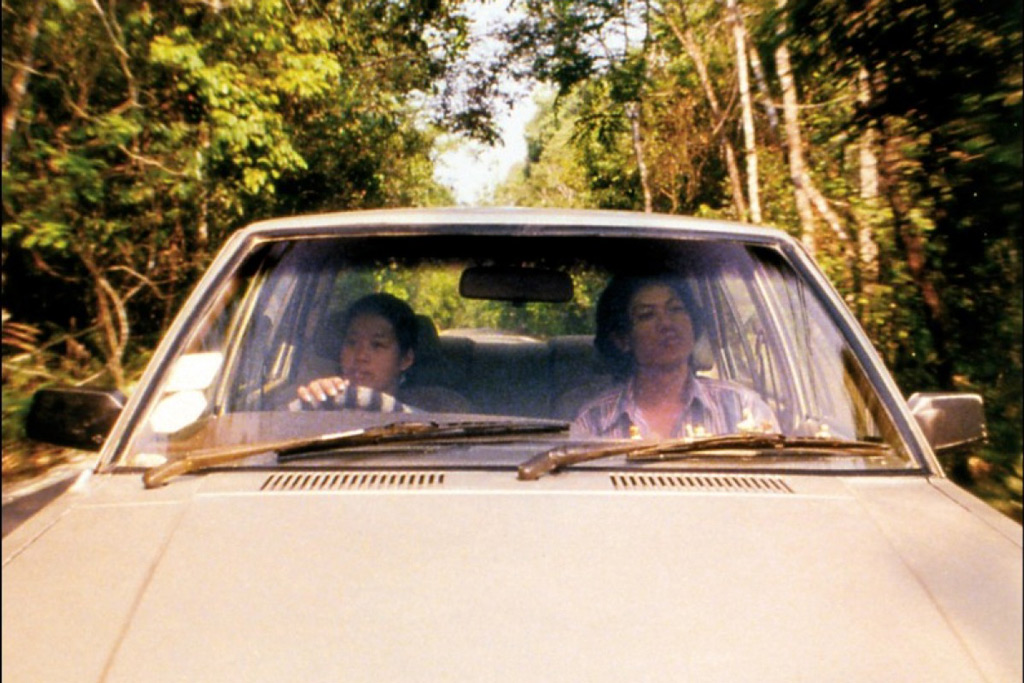
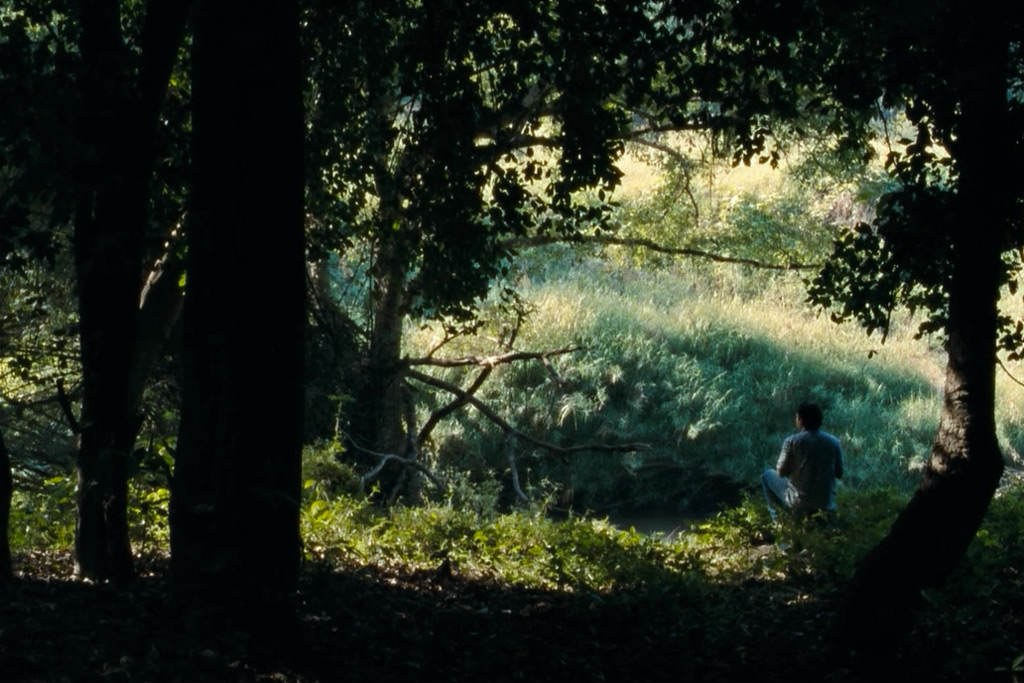
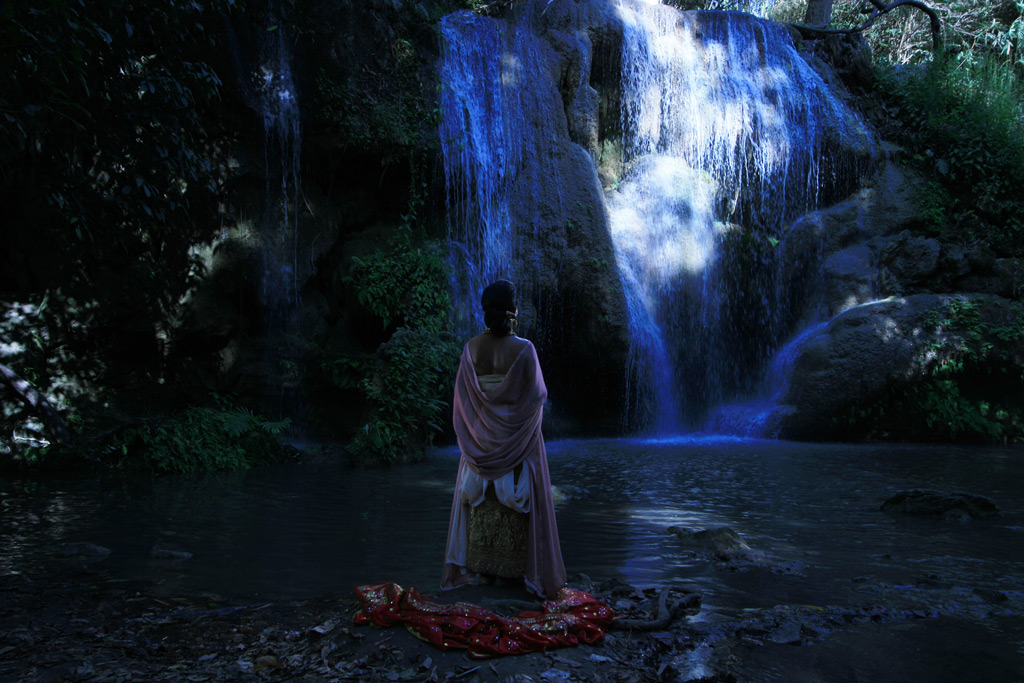
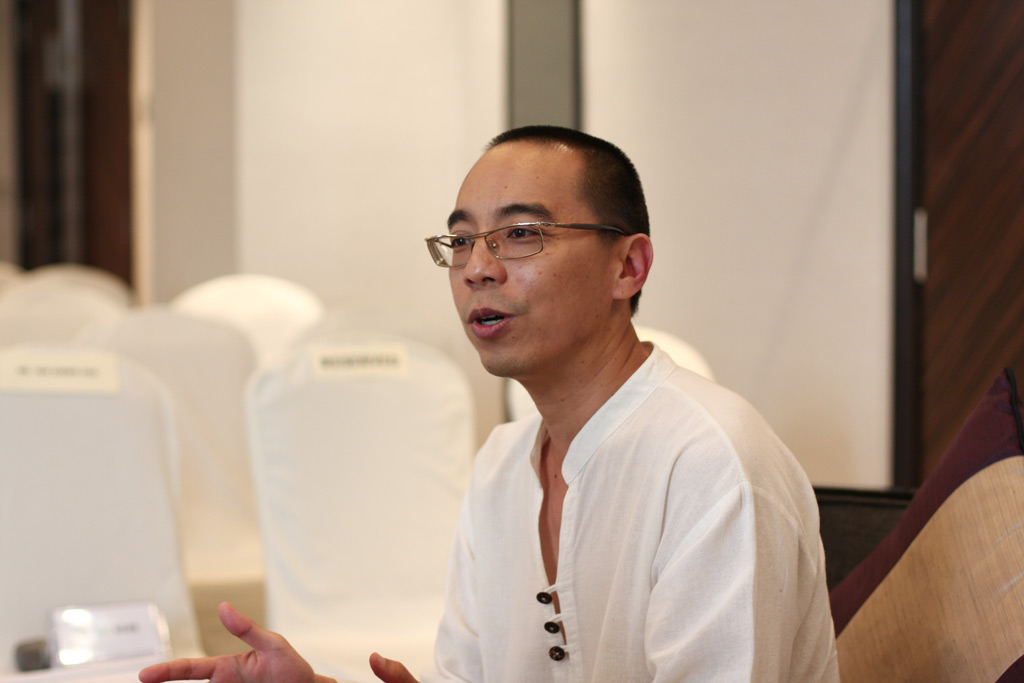
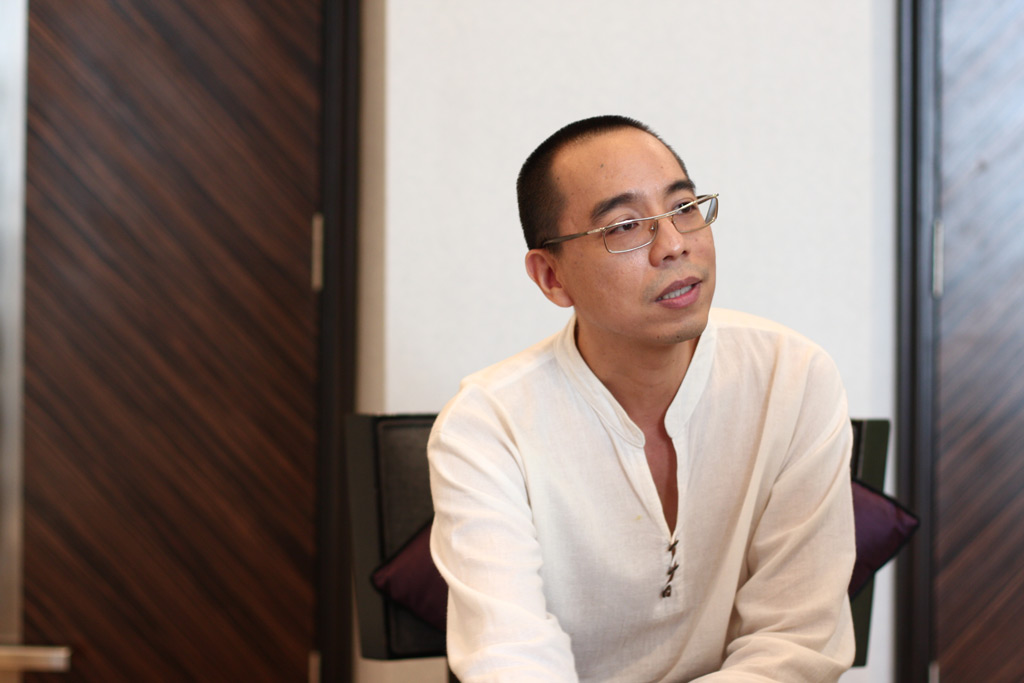
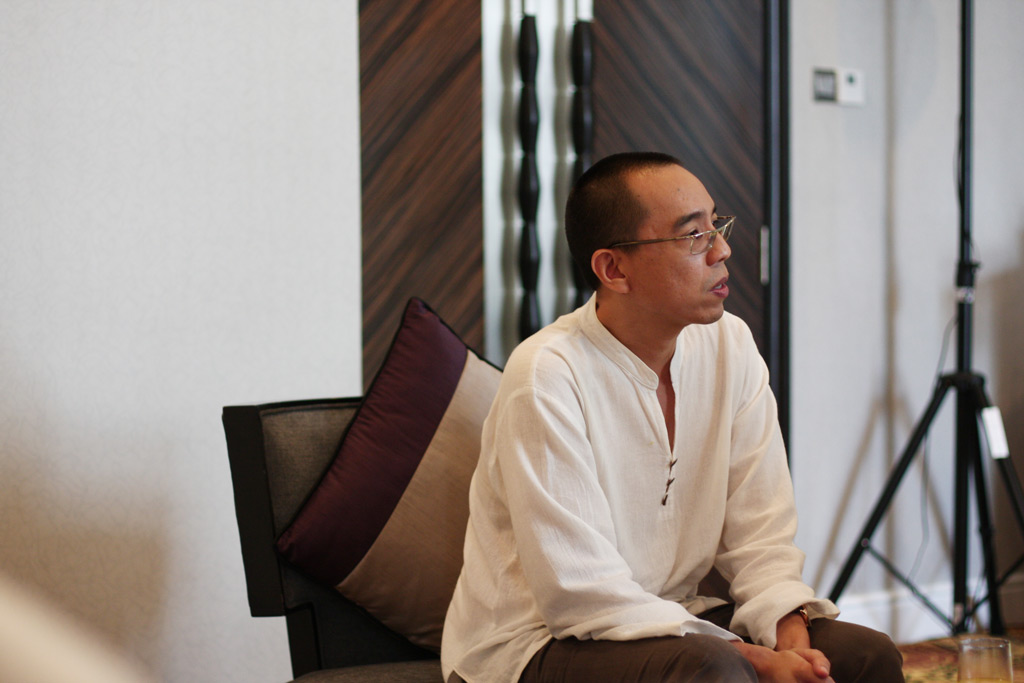
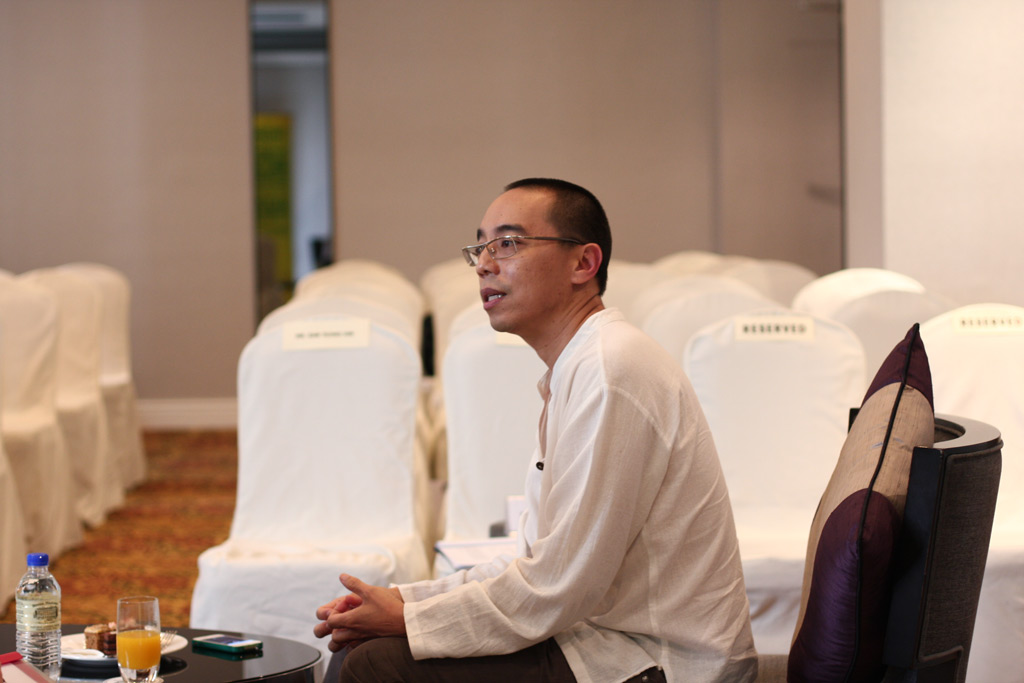
D
How did you first get involved with Tropfest?
A
It was through a friend, Joe Sidek. Like many people I didn’t know about the Tropfest and when I found out I was impressed by the origin of the festival that started very small in Sydney and It grew and grew. I actually did my own festival in 97, but my festival didn’t grow (laughs) so I wanted to know how they did it.
At the same time it is one of my dreams to have a dialogue with other filmmakers in the region. Competition is always good for me; competition, in a positive way. When you look at people, especially concerning the issue of freedom. Sometimes we talk about film that cannot be shown, and when there are other filmmakers and viewers you can create a dialogue – a feel that you are closer to one another, suddenly the boundaries has become less important and you feel like you are in the same family. And then talk about “how come this member of my family can do this and cannot do that?” and “why is my government suppressing me?” – it is slowly building the people’s awareness of freedom.
D
Speaking about censorship, I find that some younger filmmakers in [Indonesia] would rather avoid local distribution, but you seem to be more positive in your response regarding local censorship…
A
It is a long process, its partly about society and the other half is about your self. I think one of the worst forms of censorship is self-censorship. My generation, my father’s generation used to do that; we automatically shut many doors that we didn’t know about and think the room were in is the world.
D
Until you realize there’s a world beyond that
A
Yes, and sometimes you really have no choice but to be brave and to understand that your country limits you. You can show your films outside of your country – I look at the case of China. China has a very brutal censorship system but some of the Chinese filmmakers manage to smuggle the films outside, I think that is an act that is brave.
D
What is your goal in becoming Tropfest’s Southeast Asia’s regional ambassador?
A
I want to encourage filmmakers old and young to understand freedom [film] is a free medium. You don’t need to think about right or wrong or good or bad. These four words are a problem; it’s scary because it is in the core of many Asian countries’ education system. It’s a core problem where you are led to believe that in the world there are two extreme sides when there are so many in between that are neither good or bad. That is what I want to promote. Of course there is a competition; there are winners; but those, I think, are only accessories – the main point is to come together.
D
So what are your duties? What responsibilities have they given you as a regional ambassador?
A
To be one of the judges, to select the films. There are batches of judges, I will be in the last batch. I will probably speak during the event also.
D
With Tropfest making its Southeast debut, is this a sign that Southeast Asian films are getting International attention?
A
Regarding Tropfest, it isn’t Australia that is coming here, it is a local that initiated the interest. I think there is a curiosity as how they will do it. For me, Thai people, I can only speak for Thailand, are such bad organizers. When we try to do a big, good film festival it will be good the first year and then, I don’t know why, it is always gone.
D
Is this what you experienced with your festival?
A
My festivals has always been small, but many festivals supported by the government are very messy. I think Tropfest already has a solid structure that we can learn from.
D
Do you think that Southeast Asian cinema has a its own recognisable way of story telling?
A
No, I think cinema, for us, is very young. For example, Thailand is a very young country contrary to the propaganda of us having a long history –we just unified. It is the same with cinema – it’s still about copying other artforms like theatre, singing, comedy. Cinema isn’t developed to its full potential, but I hope in the future, and within Tropfest as well, it will not follow the norm. I hope we see things that are different from what we see in the theaters.
D
As a director from a Southeast Asia, your films have imagery and themes that feel familiar to us in Indonesia. How much of your locality influences you and your work?
A
I have a deep influence from my childhood so my memories are very important. The more I get old, my childhood memories are becoming stronger (laughs). I think what you say about similar traits in Asia is true. We have the idea of realities – it is very similar. We have many layers of realities, including the supernatural. For us, the ghost is reality, it is not fiction. Of course when we grow up it becomes fiction, but all this is from the shifting of different layers overtime. In terms of realities, for us it is the same.
D
Nature seems plays a big part of your films. Why so?
A
I think again it goes back to my childhood. I grew up in a place that is very natural, and I miss that. The more time changes and the city changes. I feel [nature] is an escape or to find a place that is neutral – you won’t be judged as how you dress, nobody cares. It is playground for the films, it is a very neutral space.
D
Is there a particular location that you like?
A
I like the jungle, but also old concrete shophouses because they are very common in Asia. Shophouses that, I believe, come from China – it is really ugly, but at the same time it is full of stories and memories. Now they have turned into many 711s, but the structure is still that ugly building. My dream is to shoot a whole movie there.
D
As different cultures have their own traditions and nuances, including storytelling, language, expressions, and situations. As a filmmaker, how do you think these culture-specific nuances translate to an international audience? And are there any limitations in filmmaking to express them?
A
It depends on the filmmaker and how truthful he or she is to himself – how would he convey it. For me, story is secondary to feelings, and when you try to explain so much you are losing the beauty and locality. When you travel abroad there will be many things you cannot understand. I don’t need to explain that, it is the beauty of differences, accept it for what it is. Film is not a textbook; it is a different form of expression.
If you really want to reach a wide international audience, then what kind audience? Because there are so many. Do you want to be a textbook and make everything clear? It depends. For me, I prefer to make the film as much as I want to understand.
D
What are your future projects? and secondly why do you think short films are important?
A
I am making a feature film called “Symmetry of Kings” and it is about sleeping sickness that has spread through out towns. For the second question, the short film is a different species from long films. Long films are obviously more expensive, it needs more people – it is a different playground. Short films is the space where I play, where I can experiment – things I cannot do in long films. Short film is something else.
D
Good luck in your future projects and thank you.
A
My pleasure.









